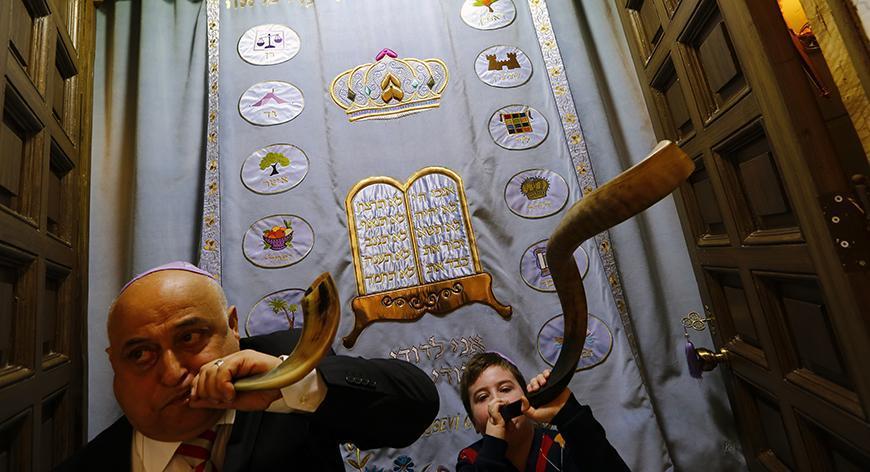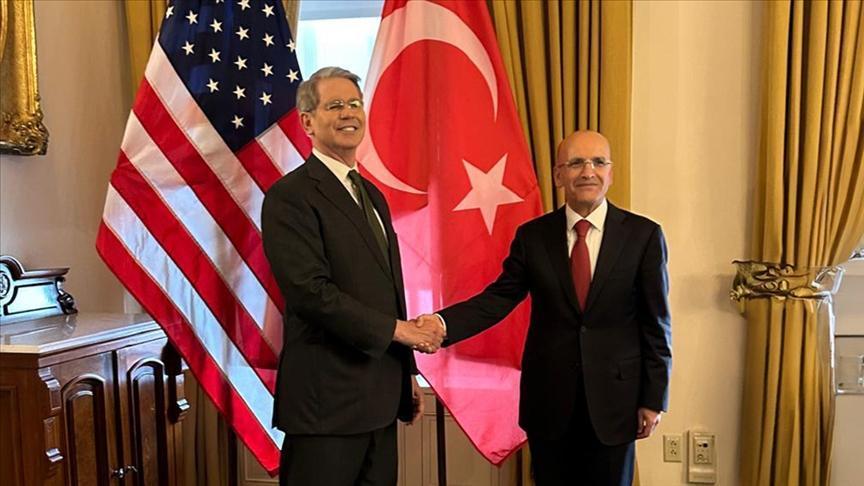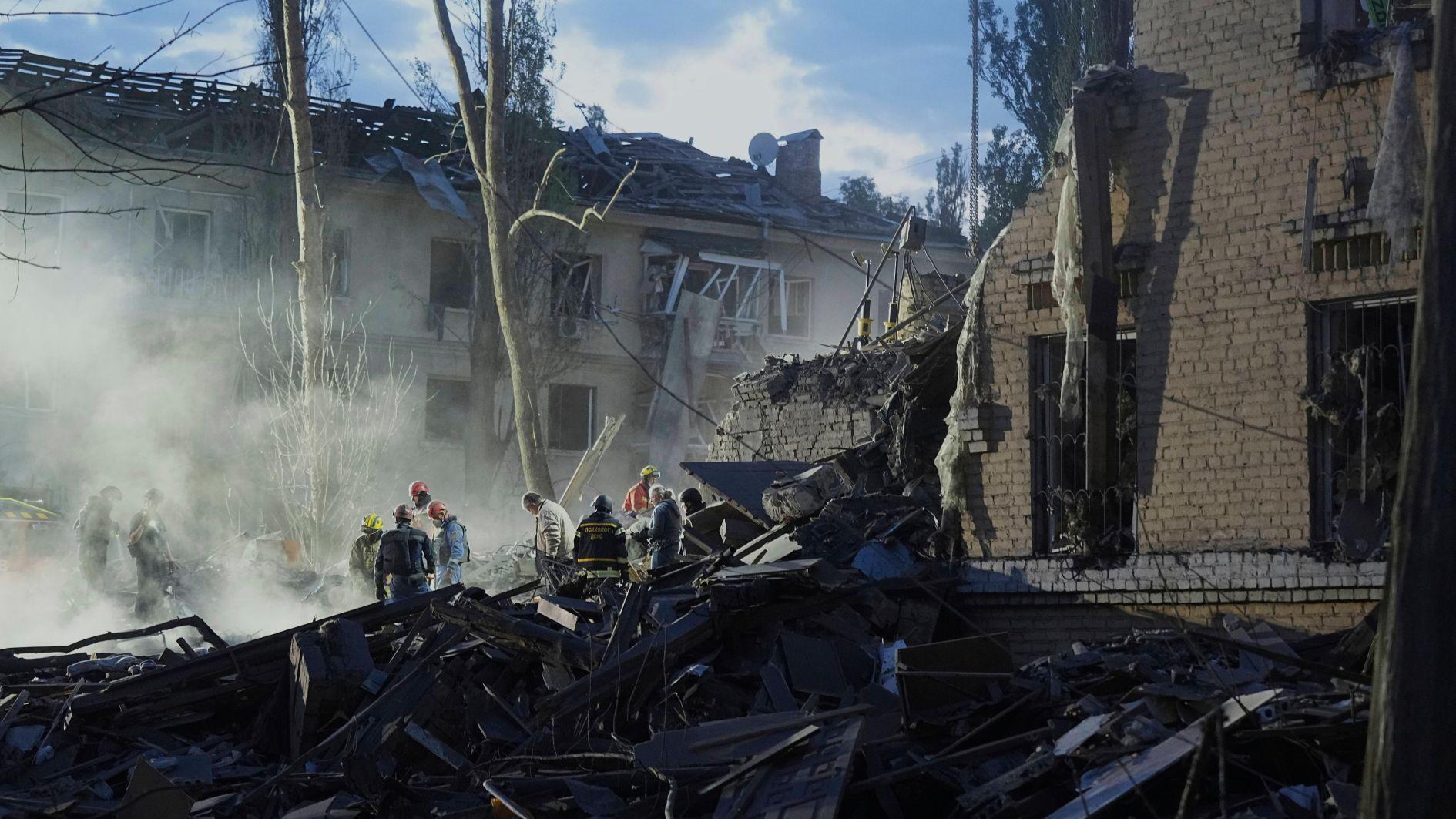Istanbul Jews fight to save their ancestral tongue
ISTANBUL – Agence France-Presse

If there’s one thing Dora Beraha regrets in her twilight years, it is not passing on the 500-year-old language of Istanbul’s Jews, Ladino, now on the point of extinction.
“After us, will there still be people who speak this language?” says 90-year-old Beraha.
“Surely, very few. It is possible that it will disappear.”
Ladino is a unique mix of medieval Castilian and Hebrew, with sprinklings of Turkish, Arabic and Greek, that emerged when Jews were expelled from Spain in 1492, with many ending up in the Ottoman Empire.
Turkey now has the largest community of Jews in the Middle East outside of Israel, around 15,000, some of whom are belatedly fighting an uphill battle to preserve the language before it disappears.
Ladino was passed down through the generations, peaking in popularity in the 19th century, but increasingly fell out of use in favor of French among Jews in the later Ottoman period.
Beraha made a conscious decision to avoid teaching Ladino to her children, wanting them to assimilate as much as possible. “We wanted them to succeed,” she says.
10,000 speakers
Turkey’s neutrality during the World War II spared Ladino-speakers the decimation of Jewish communities in other parts of the region, but today the remaining practitioners are mostly advanced in age.
According to UNESCO, more than 100,000 people still speak Ladino around the world, mostly in Israel where tens of thousands of Jews from the former Ottoman Empire have immigrated to in recent decades.
Technically, “Ladino” refers to a different language used by Spanish rabbis to teach Hebrew texts, but it has become the common name for Judeo-Spanish, which is also known as Judesmo and Spanyolit.
Karen Şarhon, 61, has dedicated her life to saving Ladino.
She heads the Turkish Ottoman Sephardic Research Center and El Amaneser, a monthly supplement written entirely in Ladino, for the Turkish newspaper Şalom.
Şarhon says there has been a resurgence of interest in the language lately.
“We launched El Amaneser in 2003 with eight pages. Today, it’s 32 pages,” she said, adding that 8,000 people read the supplement each month in Turkey and abroad.
She knows that Ladino is losing out to “more useful” languages such as English and Spanish, so in the hopes of reaching younger readers, she posts regular tutorials on social media.
Can Evrensel Rodrik, Beraha’s grandson, is one of those hoping to regain the lost tongue.
The 30-year-old biologist says none of his cousins spoke Ladino and he had to force his grandparents to teach him.
Rodrik says a different approach is needed to spark the interest of younger generations and give the language a future, such as opening a Ladino radio station, translating a video game or teaching it to children at a Jewish creche in Istanbul.
For many Jews in Turkey, Ladino is the last, vanishing tie to their historical roots in Spain.
“From a very young age, I’ve been told: ‘Vinimos de la Espana en 1492,’” says Evrensel Rodrik, using the Ladino phrase, meaning “We came from Spain in 1492.”
“A big part of who we are, a great culture and a great language, will disappear if we lose Jewish-Spanish.”
For others, like Denise Horada, 63, who sings every Thursday in a Ladino choir, the language evokes more recent memories.
“It reminds me of my grandmother. I always heard these songs when I was young,” she says, smiling. “When I sing, it’s as though she was by my side.”
“Before it’s too late” Şarhon has started building an archive and has conducted interviews with the few people, like Beraha, for whom Ladino is their mother-tongue.
Tapping the hard disk that contains her treasure trove, she says: “If future generations want to know where they came from, how their ancestors spoke, their sense of humor, they will have it all here.”
















